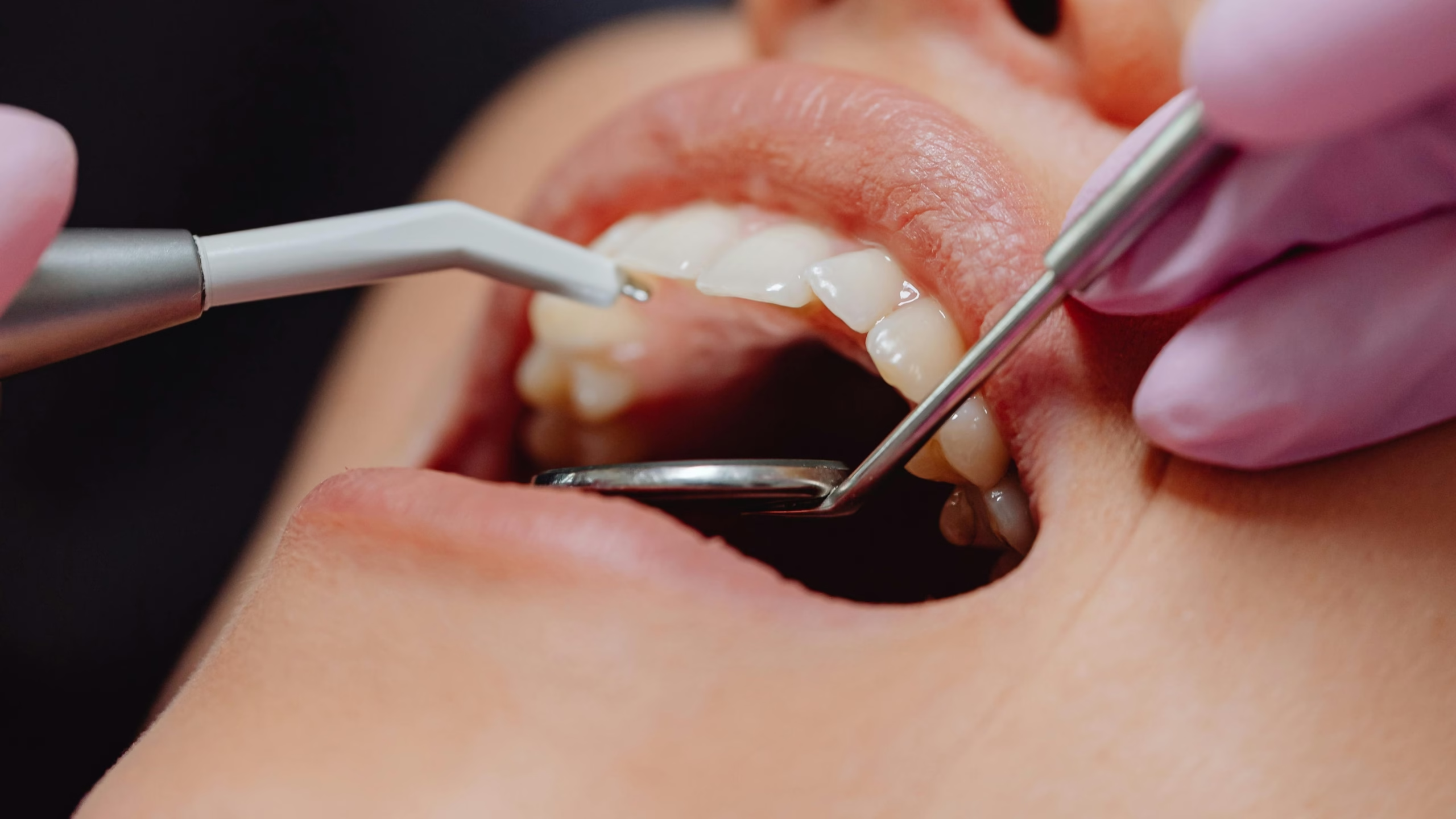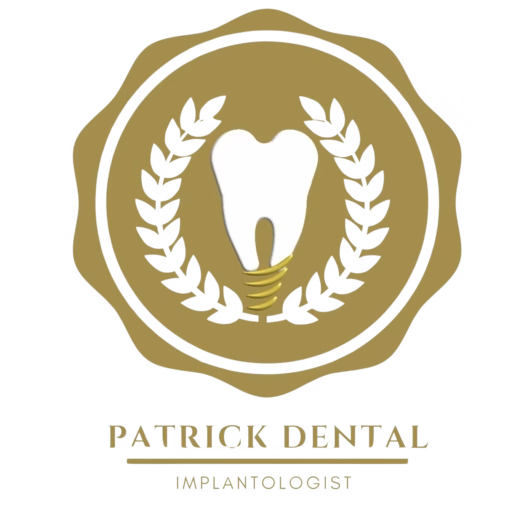
Why Dental Scaling Is Important for Healthy Gums
Individuals tend to believe that brushing and flossing are adequate to make teeth squeaky clean. Though these practices are a must, they never necessarily address everything. Through time, deposits form on the teeth in areas that regular brushing cannot access. These deposits develop into tartar, which adheres tenaciously to the tooth surface. When this has occurred, normal cleaning at home just won’t cut it. This is where dental scaling enters the picture.
What is scaling?
Scaling is a clinical cleaning process done by a hygienist or dentist. It focuses on removing plaque and tartar, particularly in areas below the gum or between teeth where they like to nestle. Special instruments are employed to gently remove these deposits without damaging teeth or gums. Ultrasonic instruments are occasionally employed, which utilize vibrations and water spray to efficiently loosen tartar with ease.
Why must tartar be removed?
Plaque is delicate when it initially develops, but if it remains on the teeth long enough, saliva minerals harden it into tartar. The hardened tartar is rough and a bacteria paradise. If left alone, it does not only alter appearance by creating stains or coloration—it also causes gum inflammation, bad breath, and ultimately gum disease. Tartar cannot be stripped using home brushing or flossing; only professional cleaning can remove it.
Scaling and gum health
One of the reasons that scaling is key is that it helps keep gum disease from occurring. Early stages like gingivitis manifest as redness, puffiness, and bleeding gums. Neglect this condition, and it will advance to periodontitis, where the gums recede from the teeth, bone loss results, and the teeth even loosen. Scaling gets rid of the irritants that create this sequence of events, maintains health in gum tissues, and prevents permanent damage.
Fresh-smelling mouth and whiter appearance
Bad breath is a condition many people suffer silently. Among the most prevalent reasons is the bacteria behind tartar deposits. Removal of these deposits serves to lessening odour and makes the mouth cleaner. Another obvious advantage is the enhanced appearance. Coffee, tea, or tobacco stains tend to stick to tartar. Removed, teeth appear cleaner and whiter, even before any whitening procedure is even contemplated.
Protection past the gums
Scaling also contributes to protection of general health. There have been studies identifying connections between undiagnosed gum disease and diseases like diabetes, heart disease, and respiratory infections. While scaling isn’t a solution for these, it decreases bacteria in the mouth and minimizes the risk of bacteria entering the bloodstream. It’s yet another way oral hygiene is linked to overall health.
How frequently should you be scaling?
The frequency varies according to individual requirements. In some, six-monthly visits are sufficient. In others who have a greater risk of gum disease, more frequent visits can be advised. Things such as diet, oral hygiene practices, lifestyle factors such as smoking, and genetics can all affect the rate at which tartar forms. Your mouth’s condition is best assessed by a dentist for them to advise how frequently scaling should be carried out.
Does scaling hurt?
The process is usually comfortable for most, although there can be sensitivity, particularly if it has been a while since the last clean or if gums are tender. Dentists can apply numbing if necessary, and discomfort tends to pass quickly. The reward is well worth any initial apprehension, and the sensation of fresh, cleanliness after scaling is difficult to deny.
What to expect after scaling?
Once scaled, it is crucial to preserve the results. Brushing with fluoride toothpaste twice a day, flossing once per day, and rinsing with water after meals comes a long way. Dentists also suggest individual mouth wash or toothpaste in individuals with a tendency towards gum issues. Regular check-ups maintain that any future deposit is caught early and treated before it damages teeth and gums.
Scaling isn’t solely about whiter teeth. It’s about maintaining gum health, avoiding disease, and having a healthy mouth that equates to good overall health. It gets done what daily habits can’t manage and prevents issues before they become serious. Not doing it may not have immediate consequences, but after a while, the difference is evident.
Healthy teeth don’t depend on home brushing alone. There’s professional treatment to consider, and scaling is still one of the most straightforward, best means of guarding against gum, tooth, and overall oral problems.
